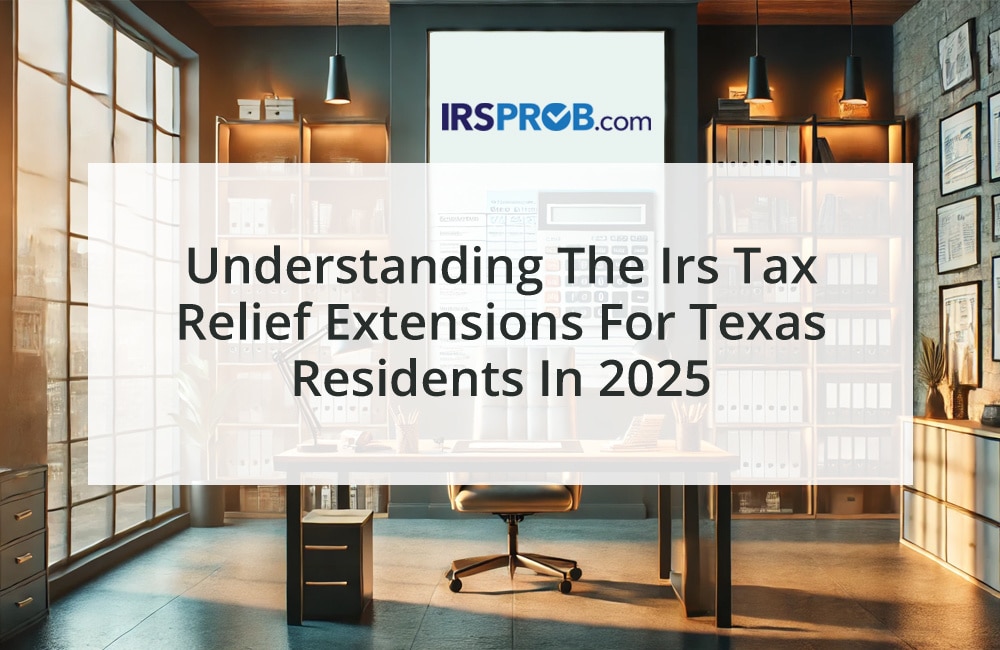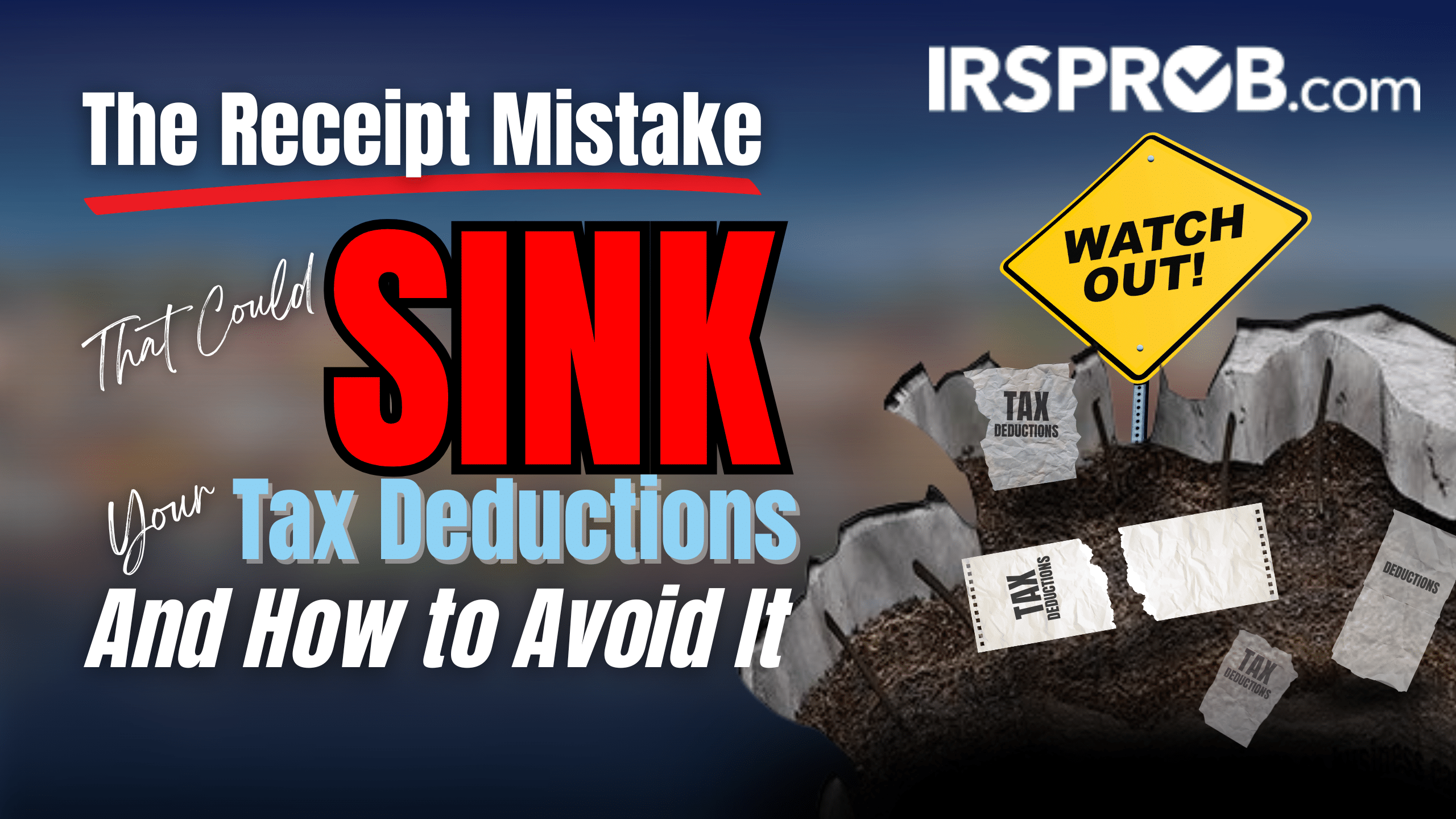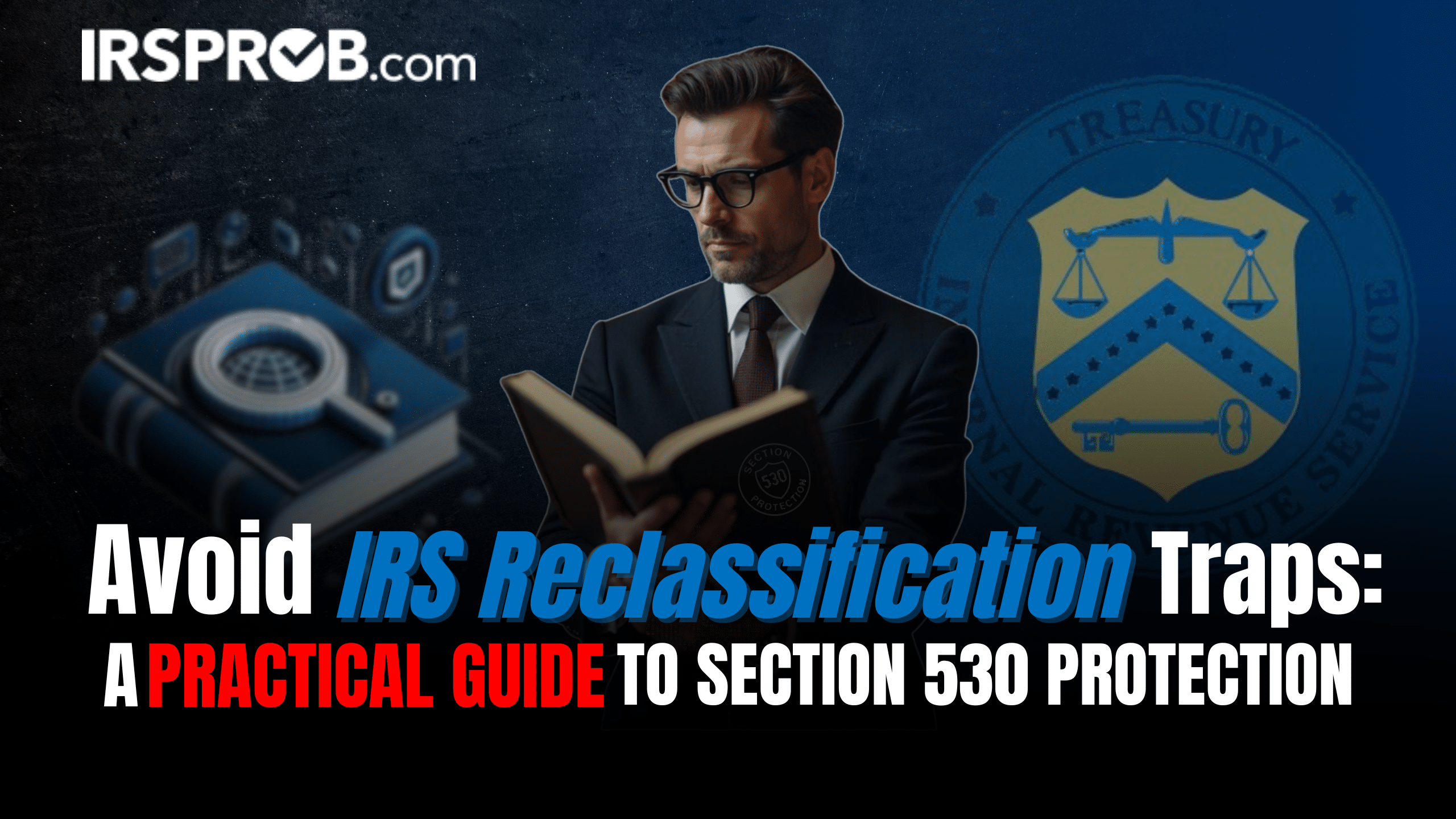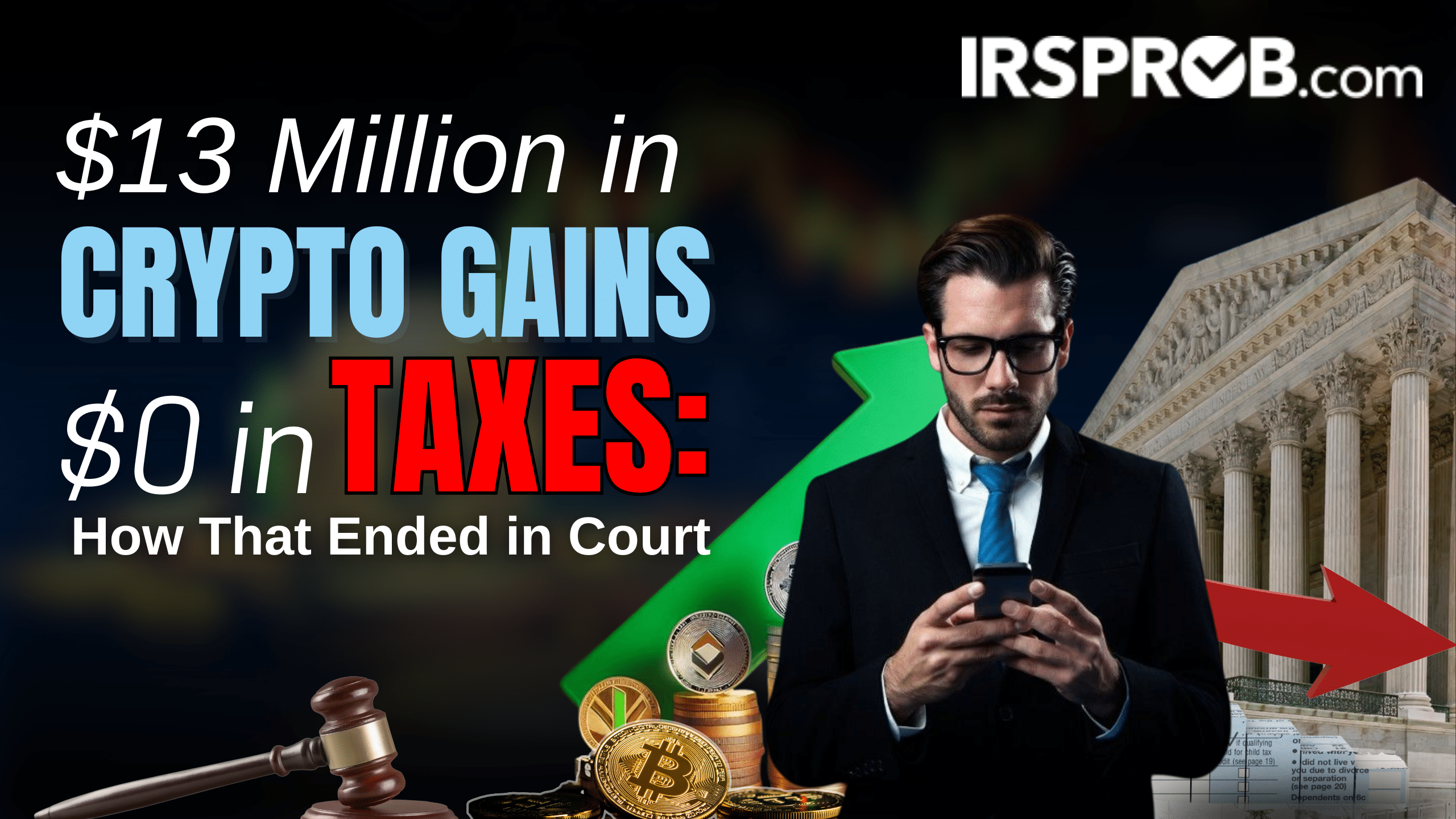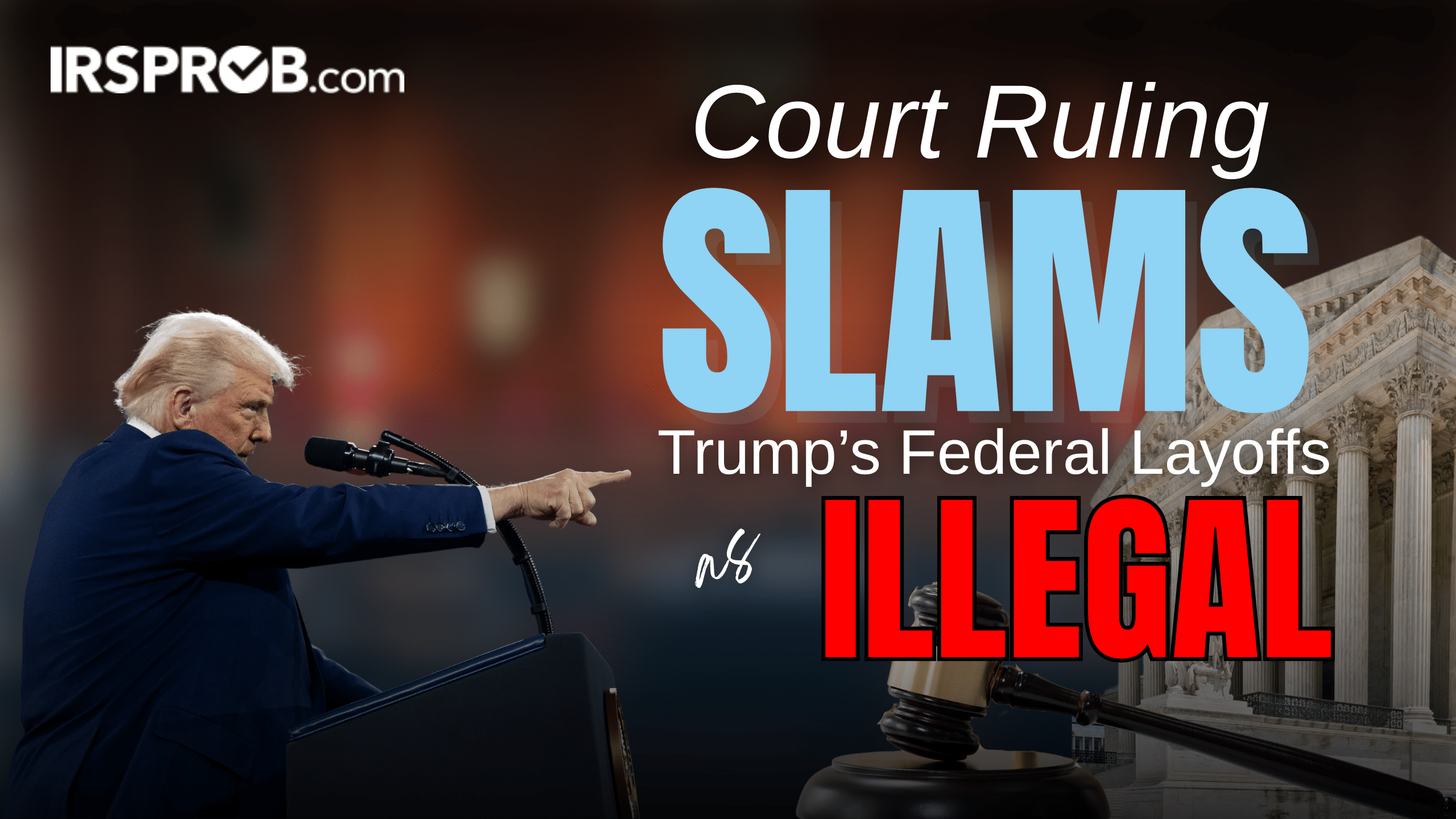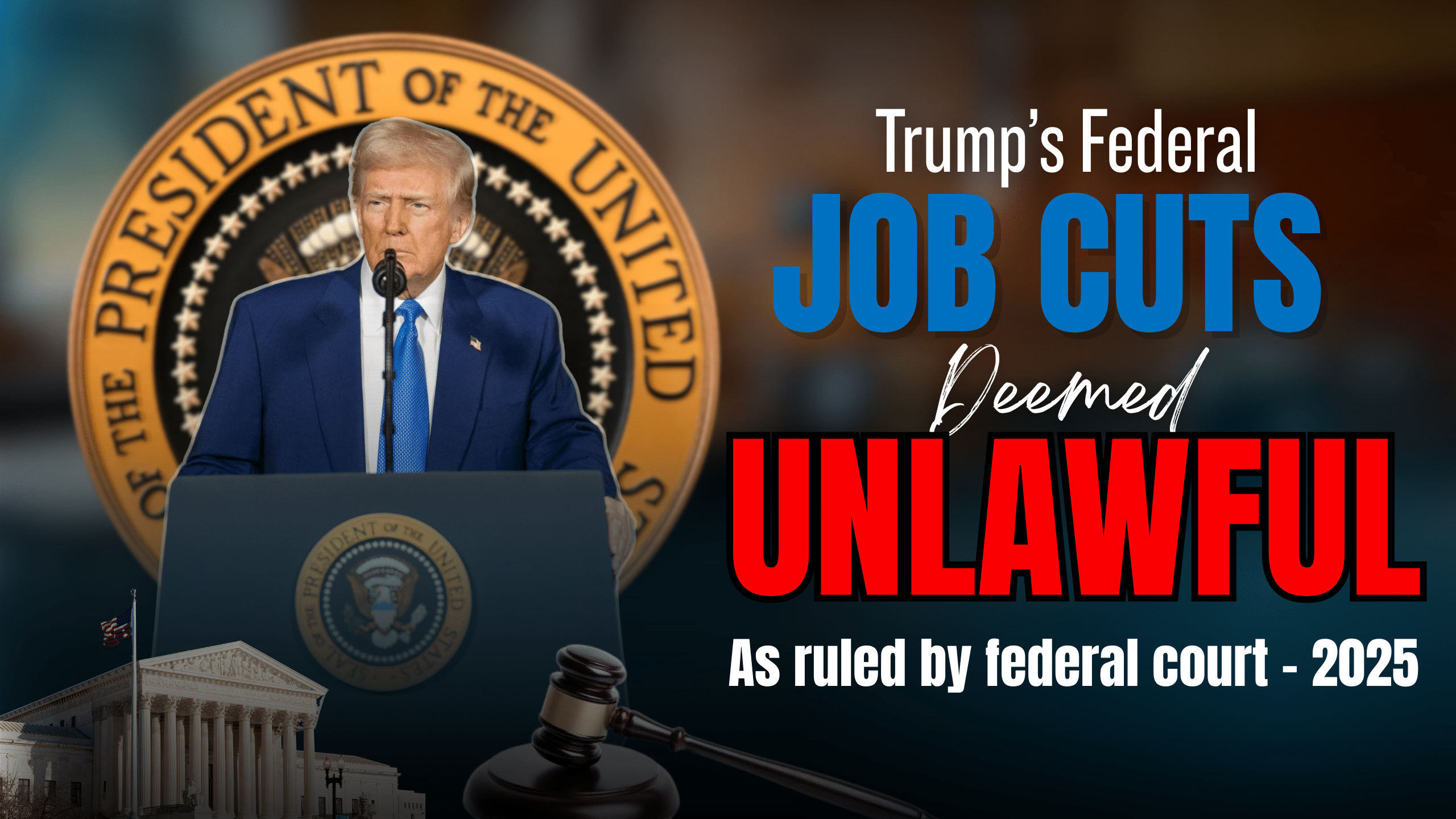
The case of Jason Svonavec, a prominent businessman involved in coal mining, crane services, and agriculture, serves as a stark reminder of the consequences of misrepresenting expenses for tax purposes. Svonavec was recently sentenced to one year and one day in prison for tax evasion and filing a false tax return. His story is a cautionary example of the lengths to which some individuals will go to avoid taxes—and the heavy penalties that can result when the IRS catches up.
The Case of Jason Svonavec
Jason Svonavec operated several successful businesses, including a coal mining company that reported significant income in recent years. For tax years 2015 and 2016, Svonavec and his wife were assessed a combined tax liability of over $1.65 million following an IRS audit. This substantial amount should have encouraged Svonavec to adhere strictly to tax laws moving forward. However, in 2017 and 2018, he reported tens of millions in gross receipts for his coal mining company, yet engaged in questionable tax practices to conceal personal expenses as business deductions.
One of the most egregious aspects of his tax evasion involved the construction of a lavish 7,300-square-foot home on a 104-acre property valued at around $3 million. Svonavec disguised construction costs for this home—expenses related to masonry, electrical work, custom ironworking, and even pool installation—as business expenses through his coal mining and crane companies. By categorizing personal home construction costs as “repairs and maintenance,” “site supplies,” and other business-related categories, Svonavec significantly underreported his tax liabilities.
Understanding Tax Evasion: A Legal Perspective
Tax evasion involves intentionally falsifying information on a tax return to reduce tax liability. This can include underreporting income, inflating deductions, or hiding money in offshore accounts. In Svonavec’s case, his strategy of categorizing personal expenses under business costs crossed the line from aggressive tax planning into illegal tax evasion. The IRS treats such actions seriously, as they represent a direct attempt to deceive the government and avoid paying what is owed.
According to the IRS, legitimate business expenses must be both “ordinary” and “necessary” to the operation of the business (IRC Section 162). This means the expense should be common in your industry and helpful for conducting business. The costs associated with personal property, such as Svonavec’s residence, are generally considered personal expenses and do not qualify for business deductions. By attempting to classify his home construction as a business expense, Svonavec disregarded this foundational rule.
The Penalties for Tax Evasion
In addition to serving prison time, Svonavec was ordered to pay restitution and penalties totaling nearly $474,000. The IRS imposes significant penalties for tax evasion, which may include fines, interest on unpaid taxes, and potential criminal charges. Underpayment of taxes due to fraud can result in a 75% civil fraud penalty on the reported amount (IRC Section 6663).
Business owners should understand that the IRS actively audits tax returns and employs sophisticated methods to detect discrepancies. When caught, the consequences can be severe, not only financially but also in terms of reputational damage.
What Business Owners Can Learn from This Case
- Stay Within Legal Boundaries: While tax planning and taking legitimate deductions are essential strategies for business owners, it is crucial to ensure that deductions are properly categorized and justified. Misrepresenting personal expenses as business deductions can lead to severe legal consequences.
- Document Deductions Thoroughly: Always maintain accurate records of business expenses and ensure that they are directly related to your business activities. Proper documentation can protect you in case of an audit and provide a clear trail to justify deductions.
- Consult with a Tax Professional: Tax laws are complex, and even well-meaning business owners can make mistakes. Consulting with a qualified tax professional can help you navigate the rules and make informed decisions. Professionals can assist in differentiating between aggressive tax planning and illegal tax evasion, helping to ensure you stay on the right side of the law.
- Recognize the Warning Signs of Audit Risk: Large, unusual, or poorly documented deductions can trigger an IRS audit. Business owners should be aware of what constitutes a red flag for the IRS and take measures to avoid these risks. For example, ensure that deductions are proportionate to the business size and align with industry standards.
Protecting Your Business from Tax Liability
The case of Jason Svonavec underscores the importance of adhering to tax regulations and understanding the boundaries between legitimate tax deductions and fraudulent tax practices. Business owners have a duty to file honest returns and should take steps to ensure they are compliant with the Internal Revenue Code. By being diligent and seeking professional guidance, business owners can manage their tax responsibilities responsibly and avoid the pitfalls that ensnared Svonavec.
Maintaining transparency with the IRS and keeping accurate, detailed records of business expenses are key practices that can protect business owners from costly penalties and potential legal action. Taking these steps not only helps in maintaining good standing with tax authorities but also supports the long-term stability and success of the business.


